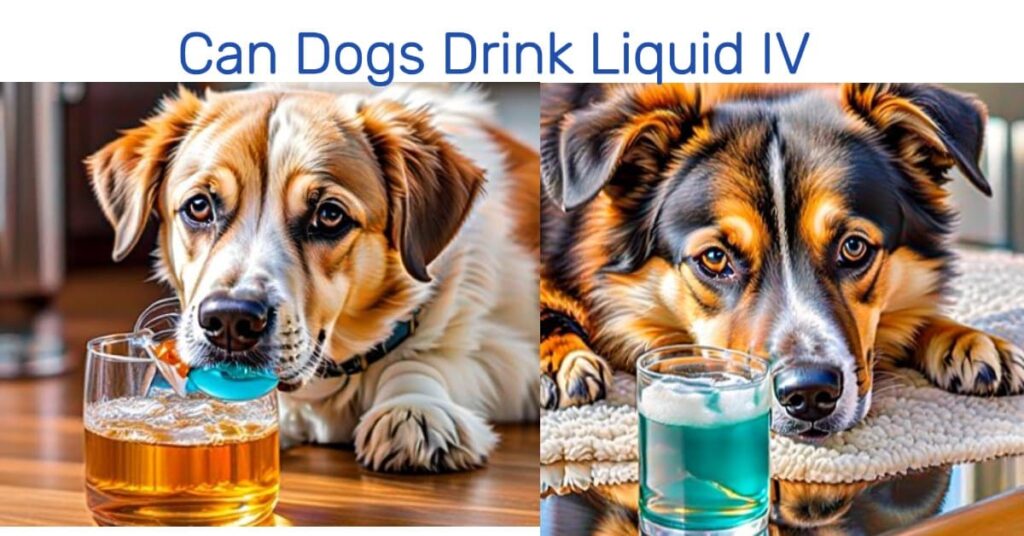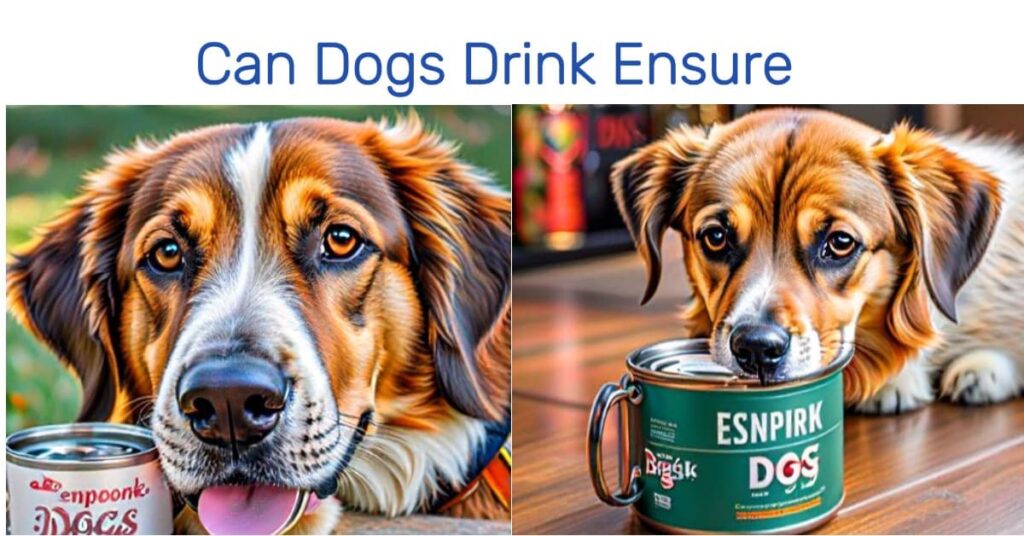Can Dogs Drink Lemon Juice? Alternatives to Consider
All of our family and our dog together went to our relative’s house. Lemon juice was served in front of us. So we all started thinking. Can dogs drink lemon juice? Questions have arisen about lemon juice.
We started experimenting, which gave us answers to many questions. In this article, can dogs drink lemon juice, and all related questions have been explained in detail. After reading this, you will have answers to all your questions about lemon juice.
Can Dogs Drink Lemon Juice?
Dogs should not generally drink lemon juice. It can cause stomach upset. Citrus fruits are very acidic. The citric acid in lemons can also damage a dog’s tooth enamel. Citric acid can be irritating to their digestive system. Some dogs may not like the taste.
There are other drinks on the market that are specifically formulated for dogs, such as Smart Water for Dogs.

How Much Lemon is Toxic to Dogs?
Lemon juice is safe for dogs in small amounts. But too much can cause stomach upset and liver damage. Lemons are a source of vitamin C and antioxidants. Lemons are toxic to dogs in large quantities. The compound responsible for this is called spiraled, which can be found in the peel and pulp of lemons.
Symptoms of spiralled toxicity may include vomiting, diarrhea, and sensitivity to sunlight. Consume no more than a few drops of lemon juice daily and avoid whole lemons. Eat something with lemon. Including the popular drink mix Kool-Aid. If you suspect your dog has eaten too much lemon.
Health Risks and benefits for Dogs Who drink Lemons Juice?
| Risk | Benefits | ||||
| Acidity: | Lemons are quite acidic. And too much acidity can upset your dog’s stomach. It can cause vomiting, diarrhea, or stomach upset. | Vitamin C Boost | Lemon is a good source of vitamin C. May also be beneficial for dogs. It supports the immune system and overall health. | ||
| Essential Oils: | Oils, especially in bark, can be harmful to dogs. They can cause irritation or even toxicity. | Hydration: | Drinking lemon seeds or pits can be a choking hazard. They contain small amounts of cyanide, which is poisonous. | ||
| Citrus sensitivities: | Some dogs may be sensitive to citrus fruits. They may not experience taste or allergies. | ||||
| Seeds and pits: | Drinking lemon seeds or pits can be a choking hazard. They contain small amounts of cyanide. Which is poisonous. | ||||

Can Dogs Drink Lemon Balm Tea?
Yes, dogs can generally drink lemon balm tea in moderation. It can be beneficial for mild digestive problems in dogs. Herbal teas are also safe and beneficial. One such tea is lemon balm, which is famous for its calming properties. And it can be helpful for these dogs. Those who suffer from anxiety or stress.
Good Stuff:
Chill vibes: Lemon balm helps dogs relax like a mini spa day for them.
Happy Tummy: If your dog has an upset stomach, a little lemon balm tea can help.
Not too much: Don’t go overboard. Too much of this tea can cause problems.
Keep it simple: Plain tea is the way to go: no sugar or additives.
Can Dogs Drink Lemon Infused Water?
Lemon juice and peel for dogs can cause digestive problems and stomach upset. Avoid giving your dog lemon water, and stick to their regular H2O.
If the dog needs hydration, so much the better. They stick to plain water. If you want a fun way to enhance your dog’s drinking experience. So try adding a few ice cubes or frozen berries to their water bowl.
| Cool Stuff: | |
| Vitamin C Boost: Lemons bring a bit of vitamin C, which is good for keeping your pup feeling spry. | Easy on the lemon: Don’t go overboard. Too much lemon can upset their stomachs. |
| Vitamin C Boost: Lemons bring a bit of vitamin C, which is good for keeping your pup feeling spry. | Allergy testing: Some dogs are not fans of lemons. Test the water to see if your pup laps it up or down. |
Can Dogs Drink Lemon Lime Gatorade?
We often find ourselves reaching for something to drink that we will enjoy. Not all human beverages are safe for dogs to consume. Gatorade, especially the lemon flavor. Lemon Lime Gatorade for Dogs can be a refreshing hydration option on occasion. The electrolytes in Gatorade can help replenish a dog’s system after vigorous activity or on hot days.
You choose to share Gatorade with your dog. So dilute it with water to reduce the sugar content. Keep in mind that Gatorade is not a substitute for regular water. And it should be given in moderation.

Conclusion:
It is safe to give small amounts of fully diluted lemon juice to dogs. But it’s important to be aware of the potential risks and benefits that come with doing so. Additionally, some dogs drink herbal teas such as lemon balm tea. It is not recommended because of the possible serious complications that can occur from ingestion. It is also recommended to avoid any food, juice, or drink.
Including artificial sweeteners such as Gatorade or other lemon-lime flavored drinks.
Lemon water can make an excellent refreshment for your dog. But make sure that no pieces of pulp remain in the water. Because they can cause obstruction or choking hazards if ingested. A small dose of pure lemon juice now and then won’t hurt your canine companion, but overall, it’s best to err on the side of caution and only give them small amounts. Your dog’s health should always be a top priority. When in doubt, consult your veterinarian about adding a new food or drink to your diet.
FAQ’s
Yes, But in moderation. Lemons and limes contain high amounts of citric acid. Which can upset a dog’s stomach if consumed in large quantities. Acid can wear down the enamel on dogs’ teeth over time.
Citric acid is a natural preservative and antioxidant. Which is found in many fruits and vegetables. But it can be toxic to dogs if taken in large amounts.
Lemon squash has added sugar. Which can cause problems. Consuming too much sugar can lead to obesity, dental problems, and diabetes in dogs.







